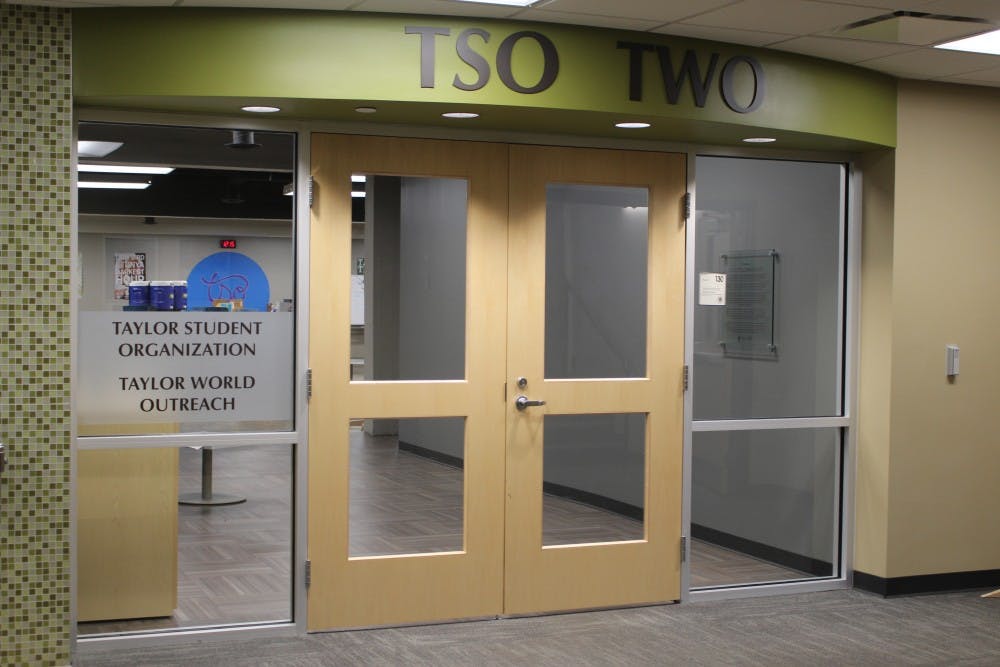As we approach another voting season on a national level, we often re-examine our political beliefs and strive to fulfill our roles as responsible, informed citizens. Upon reflecting and speaking with a number of my fellow students, I realized the reasons we should vote in local and national elections are similar to why we should vote at Taylor.
While I have voted in most student elections open to me in the past three years, I do not have a perfect record. There are many variables that play a part in determining whether someone will vote, but I would like to make a call to examine where we stand on this issue.
Before we can cast our vote for a candidate, many Americans, especially those between the ages of 18–29, must make the choice to vote. According to the U.S. Census Bureau, only 46.1% of voters aged 18–29 turned out to vote in 2016.
Why is this? Why did less than half our age group turn out to vote? Where does the deeper motivation to vote or not come from?
I spoke to senior Erin Drummy, who views her vote as an extension of her voice. For her, voting is a way each of us explore the voice we carry by asking the question, "What is my voice?"
This concept of one’s vote representing one’s voice led to explore other questions about leadership, such as what do I value in a leader? What does it mean to be an informed citizen? How might my voice relate to other voices out there?
Questions such as these help us not only become more aware as citizens, but also to get in touch with the basic values we hold dear. They are ultimately a reflection of ourselves.
The second student said that perhaps many people do not vote due to their perception that voting as having little to no actual power. One of the most pervasive attitudes in our culture today is apathy, which I believe is the enemy to hope, more than despair or fear could be.
This calls for self-examination is just as pertinent to our small campus of more than 2100 students as it is to the broader United States. From deciding who will represent your class on ICC to choosing the leader of the free world, good stewardship on a small scale can result in better stewardship on a large scale.
What does good leadership look like? What do you value, and how will you use the voice you have been given?



